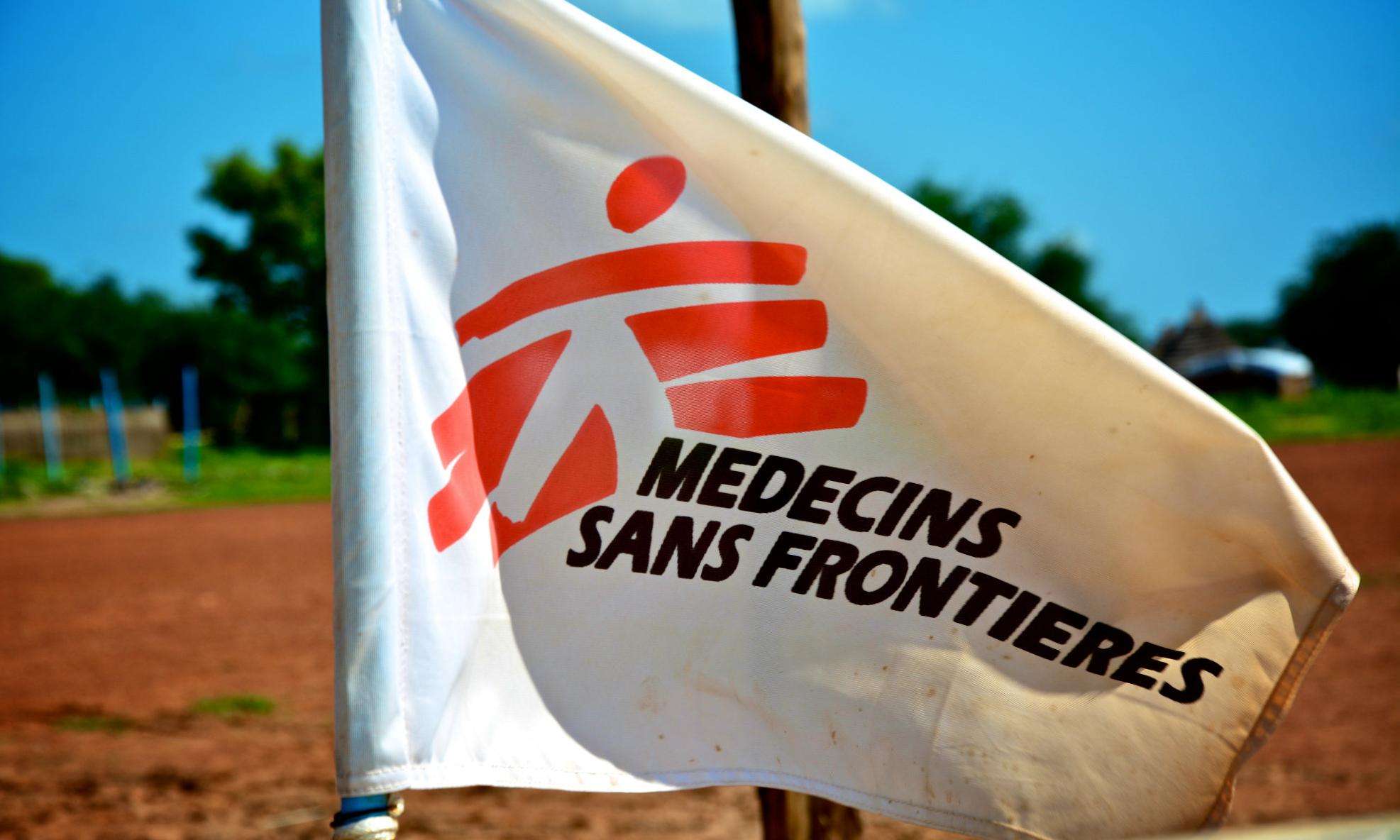Rome, February 2, 2010 – More than ten years since Italy’s migrant centers were set up, their management still seems to be conditioned by an emergency type approach. Services seem to have been organized to satisfy only the most basic needs, with no regard for creating acceptable conditions for the psychological and physical well-being of detainees. Since the new regulation came into effect extending the maximum period of detention from two to six months, there have been no planned improvements in the distribution of services to migrant populations.
These are the findings of a survey conducted by Doctors Without Borders/Médecins Sans Frontières (MSF), the only independent organisation to write a report on the CIEs and CARAs (Centers for Asylum Seekers). Five years after an initial survey in 2003, MSF returned to the detention centers for migrants without residence and transit permits. “On the Other Side of the Wall” provides a second snapshot of the reality of life inside the CIEs, CARAs and CDAs (Reception Centres) in Italy.
The report examines the living conditions and social and health issues within these facilities. MSF’s aim is to provide insights into the reality of the conditions within centers that are closed off from public scrutiny and to make known the daily ordeal endured by thousands of migrants. The survey is based on two separate visits made by MSF over eight months between 2008 and 2009 to 21 centers, CIEs, CARAs and CDAs located in various parts of Italy.
In some locations MSF encountered hostility from the staff working in the detention centres. Access to certain areas was limited or refused, making surveys difficult. Notably, this was the case at the Lampedusa centres and the Bari CIE, where local officials refused entry to living quarters, despite the fact that the MSF visit had been announced with several weeks’ prior notice.
“Little has changed since the 2003 visits, and many concerns remain–above all, the scant health assistance, which is designed to provide only the minimum level of basic care, treating symptoms alone and only over the short term. The absence of treatment and sanitation protocols to diagnose and treat infections and chronic pathologies is also alarming. Above all, CIEs like the one in Turin don’t have cultural mediators, without which communication between doctor and patient is limited. In general, the absence of local and national health authorities is a real concern,” said Alessandra Tramontano, MSF medical coordinator in Italy.
“Trapani and Lamezia Terme CIEs should be closed down immediately, as they are totally unfit to detain people in reasonable living conditions. However, we also observed serious problems in other CIEs: in Rome even the most basic essentials like blankets, toilet paper or adequate heating systems were missing,” explained Tramontano.
“In the CARAs, we witnessed serious overcrowding and inadequate reception services. In the Foggia and Crotone centers for example, 12 people were made to live in dilapidated containers measuring no more than 25 to 30m cubic meters, hundreds of meters away from the centre’s services and other facilities. In these centers, moreover, there are no dining areas and hundreds of people have to eat their daily meals on their beds or on the floor,” said Tramontano.
The system of migrant centers, including CIEs, CARAs or CDAs, appears largely ineffective. Services provided are often poor and deteriorating, and it is impossible to guarantee an effective system of identification, protection and assistance for the vulnerable people who make up a considerable part of the detained population.
For a six-page summary of the report in English, click here.




